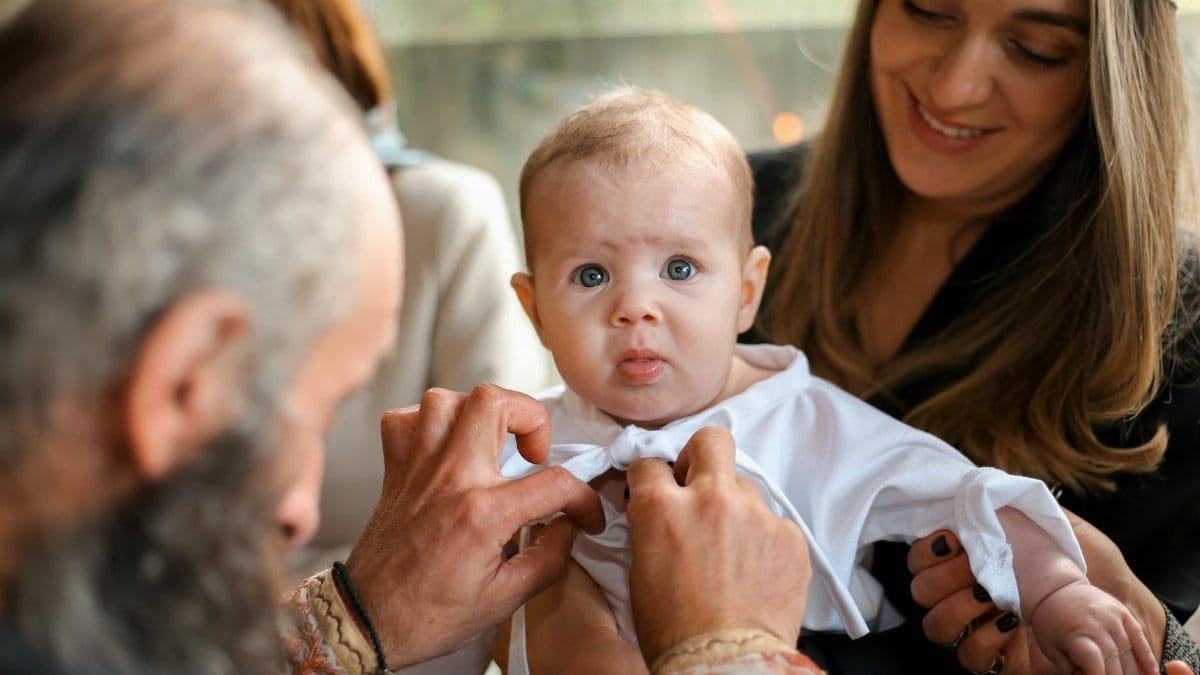Is the decline of traditional rites leaving a gaping hole in American life? Simply put, American ritual void ceremonies—or the lack of shared, meaningful rituals—are becoming a quiet crisis in 2025. As baptisms, weddings, and even graduations lose their cultural grip in a secular age, many are left craving connection and purpose. This ‘Great American Ritual Void’ isn’t just nostalgia; it’s a measurable shift in how we mark life’s big moments. Experts warn this gap could reshape community bonds, and the search for new ceremonies is on.
What’s Behind the Ritual Void?
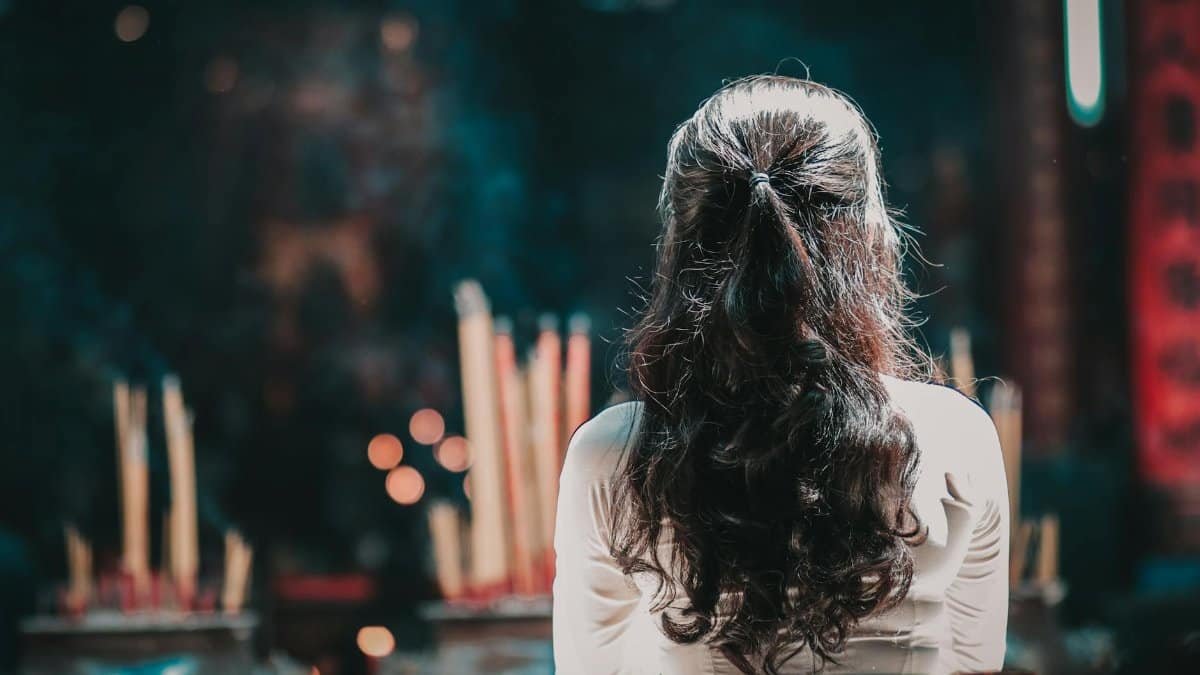
America’s religious landscape is changing fast. Pew Research shows that nearly 30% of U.S. adults now identify as religiously unaffiliated, a sharp rise from a decade ago. Traditional ceremonies tied to faith—think christenings or bar mitzvahs—are fading for many. Secularism isn’t the only culprit; hyper-individualism and digital distraction mean even non-religious rituals like family reunions are rarer. The result? A void where shared meaning once stood.
Why Rituals Matter More Than Ever
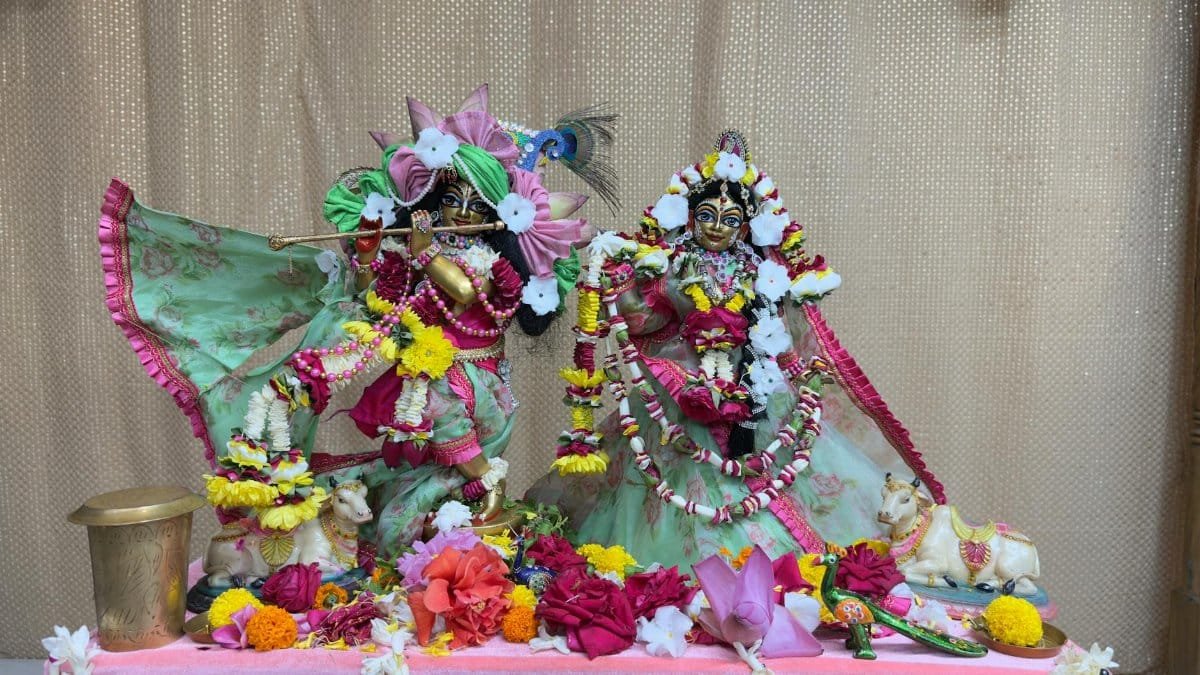
Rituals aren’t just pageantry. They anchor us during life’s transitions—birth, marriage, death. Psychologists at the University of California, Riverside, argue they reduce anxiety and foster belonging, especially in uncertain times. Without them, Americans report feeling unmoored. A 2025 study from Pew Research found 42% of young adults crave communal experiences but don’t know where to find them.
The Rise of DIY Ceremonies
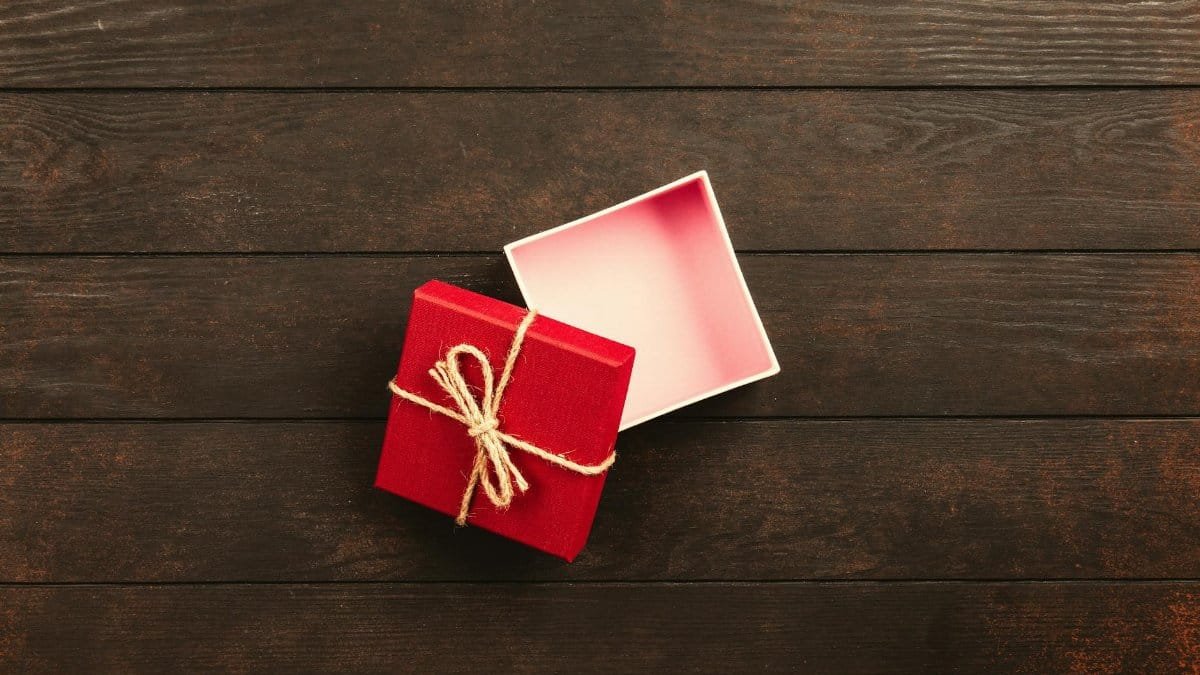
Some are fighting the void with homemade rituals. From ‘life milestone parties’ to virtual memorials, Americans are crafting personal ceremonies. In Seattle, 34-year-old Maya Torres hosted a ‘career rebirth’ event after a layoff, inviting friends to share stories of resilience. These American ritual void ceremonies may lack tradition, but they fill an emotional gap. Still, experts question if DIY can truly replace the depth of cultural rites.
Tech’s Role in the Ritual Gap
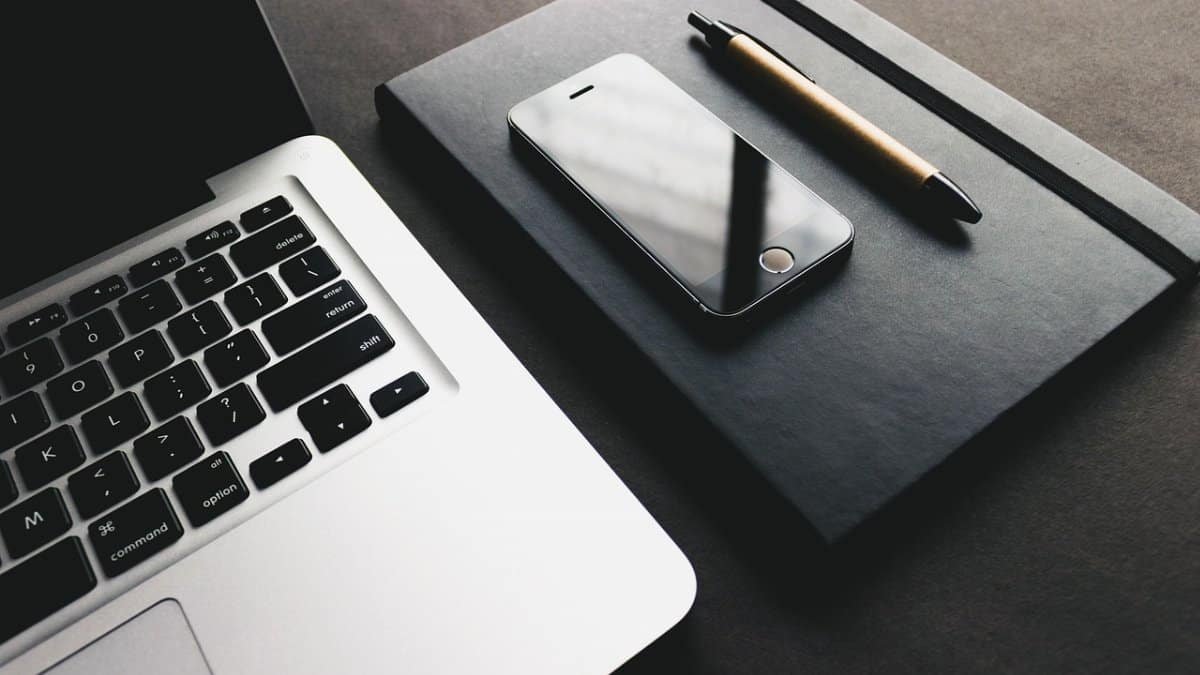
Digital life isn’t helping. Social media turns weddings into photo ops rather than sacred moments. Virtual funerals, while accessible, often lack closure. A 2025 report from National Institutes of Health notes that online interactions can’t replicate the physicality of ritual—handshakes, hugs, shared tears. Tech connects us, but it’s widening the void for meaningful, in-person ceremony.
Community as the Missing Piece
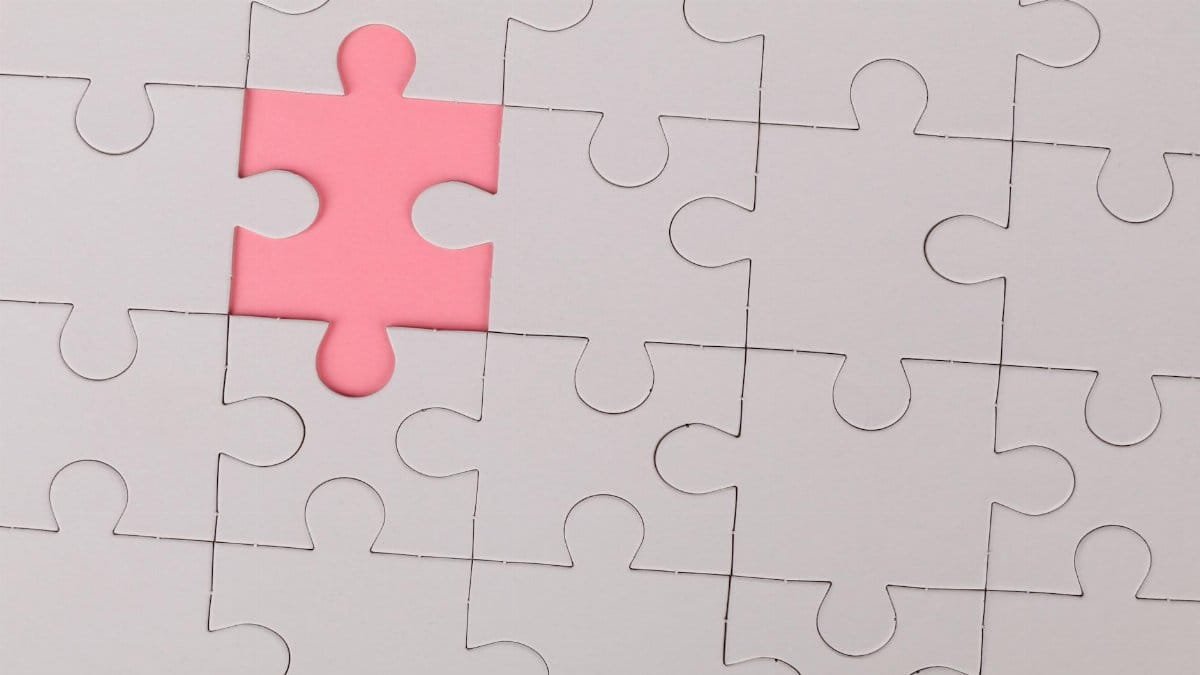
Historically, rituals built community. Think of small-town parades or church potlucks. Today, urban sprawl and remote work erode those ties. Sociologist Dr. Ellen Harper of NYU told us, “Without shared ceremonies, we lose trust and cohesion.” Her research suggests the ritual void fuels loneliness, with 1 in 3 Americans reporting chronic isolation in recent surveys. New group rituals could be a lifeline—if we can agree on what they look like.
Can New Traditions Save Us?
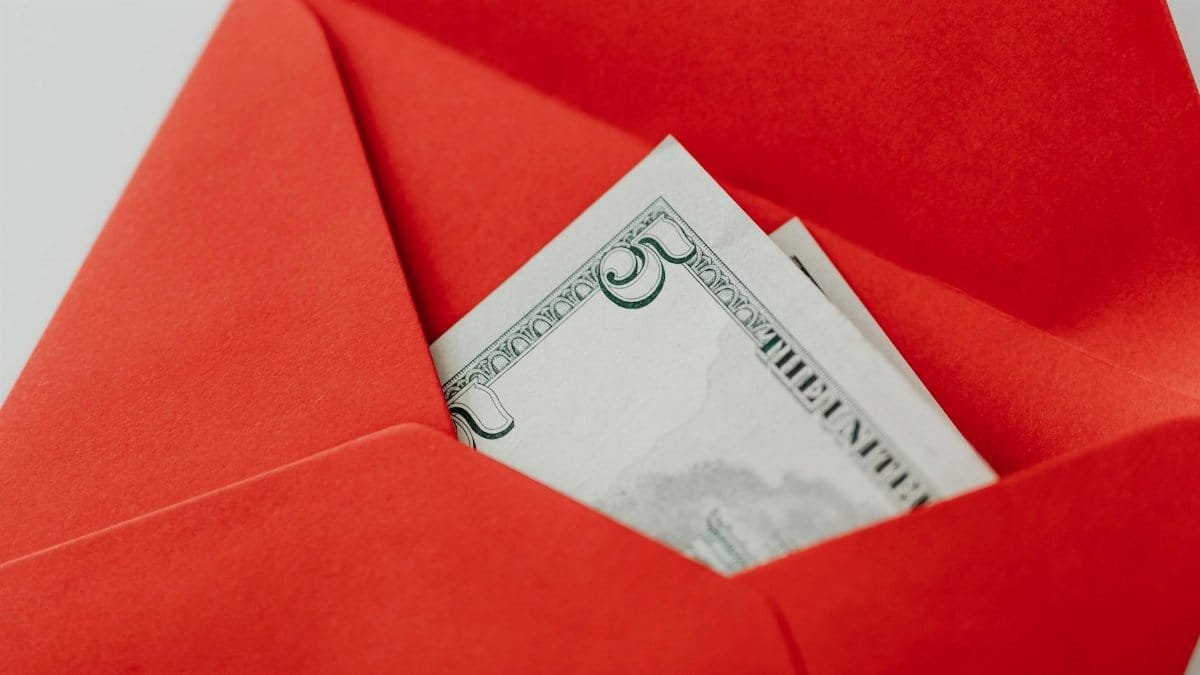
Hope isn’t lost. Some organizations are stepping in to address American ritual void ceremonies. Secular groups like the Humanist Society offer non-religious weddings and memorials. Cities like Portland are piloting public ‘transition days’ to celebrate collective milestones. A 2025 initiative by the U.S. Census Bureau even tracks participation in new civic rituals, hinting at a hunger for shared meaning. But scaling these efforts nationwide remains a challenge.
The Cost of Doing Nothing
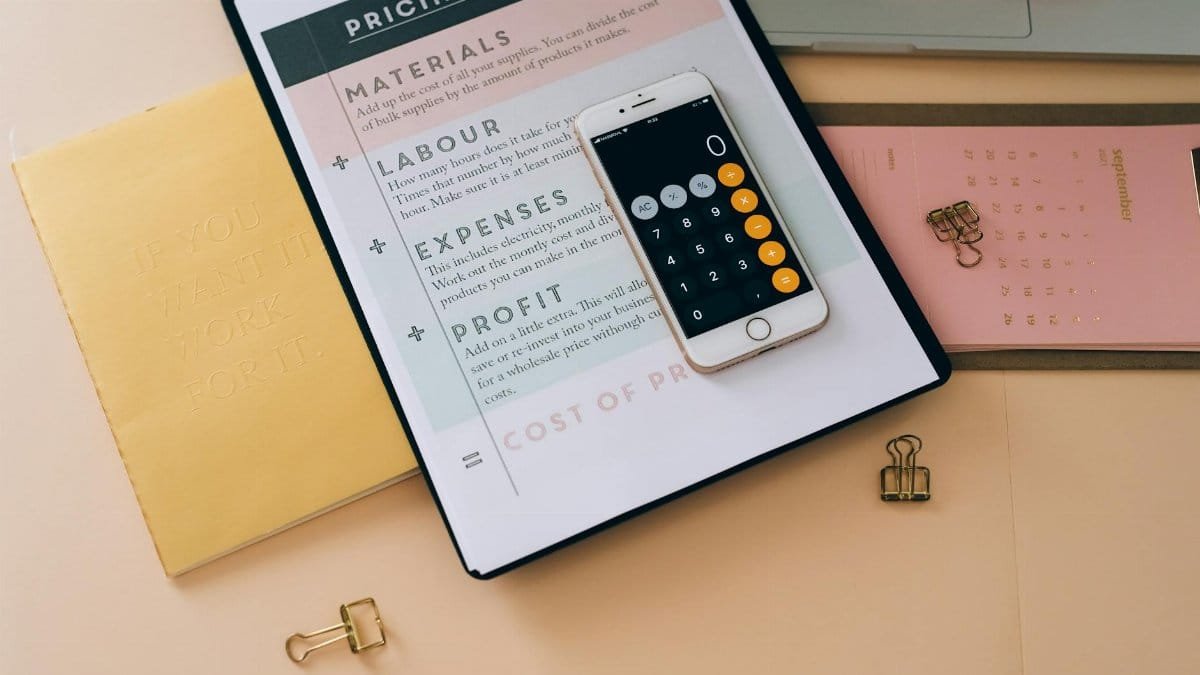
Ignoring this void has consequences. Without rituals, personal and societal stress festers. Mental health experts warn that unacknowledged transitions—like divorce or job loss—can trigger depression. On a larger scale, the absence of unifying ceremonies may deepen cultural divides. As America grapples with polarization in 2025, the lack of common ground in ritual could make reconciliation harder. The stakes are high to find new ways to connect.
